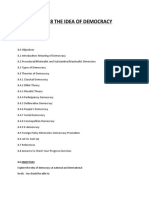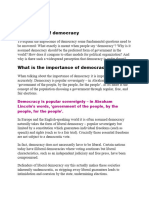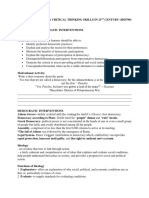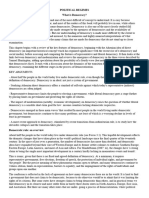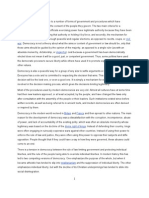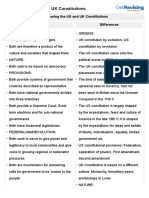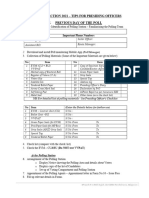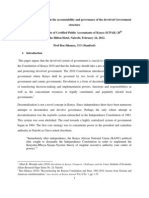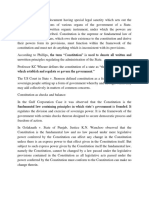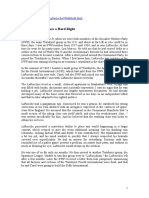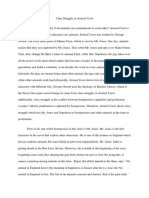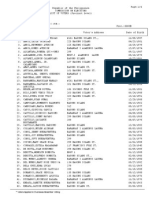0% found this document useful (0 votes)
75 views6 pagesDemocracy Assignment
The document discusses democracy as the most successful political system, highlighting its principles of equality, freedom, and participation. It outlines the reasons for democracy's success, including the protection of rights, political stability, economic growth, social inclusion, and adaptability, while also acknowledging challenges such as inefficiency and corruption. The historical evolution of democracy from ancient Greece to modern times is traced, along with examples of major democratic nations and the global trends in democratic practices.
Uploaded by
abdulrazaksalamatu317Copyright
© © All Rights Reserved
We take content rights seriously. If you suspect this is your content, claim it here.
Available Formats
Download as DOCX, PDF, TXT or read online on Scribd
0% found this document useful (0 votes)
75 views6 pagesDemocracy Assignment
The document discusses democracy as the most successful political system, highlighting its principles of equality, freedom, and participation. It outlines the reasons for democracy's success, including the protection of rights, political stability, economic growth, social inclusion, and adaptability, while also acknowledging challenges such as inefficiency and corruption. The historical evolution of democracy from ancient Greece to modern times is traced, along with examples of major democratic nations and the global trends in democratic practices.
Uploaded by
abdulrazaksalamatu317Copyright
© © All Rights Reserved
We take content rights seriously. If you suspect this is your content, claim it here.
Available Formats
Download as DOCX, PDF, TXT or read online on Scribd
/ 6





